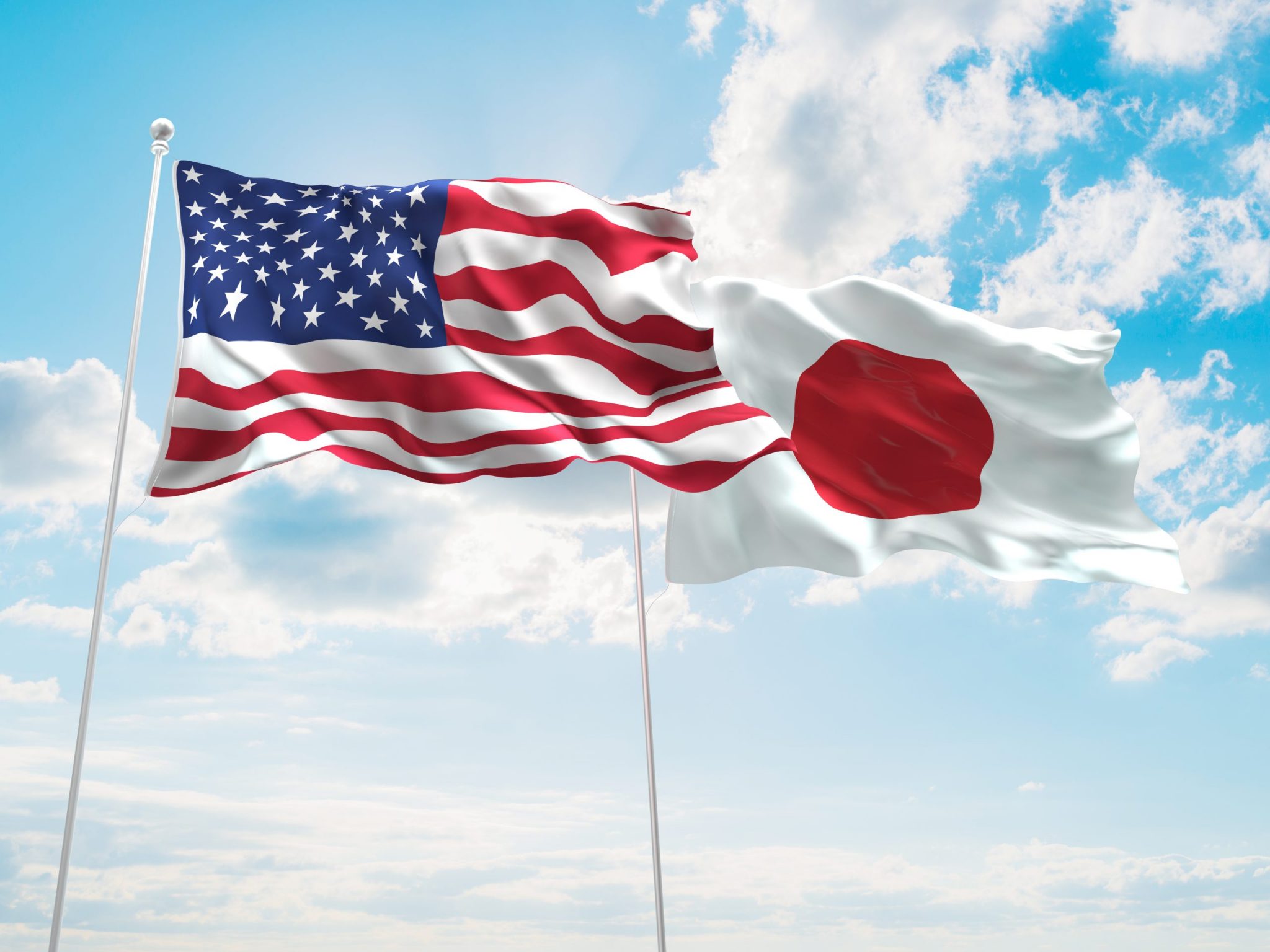Richard Nixon’s 1969 Guam doctrine led America’s allies in Asia to pursue a variety of strategies based on perceptions of America’s reliability. If the Biden administration wants to strengthen the country’s alliances moving forward, and avoid repeating Nixon’s alliance errors, its first priority should be to restore confidence in U.S. reliability.
Shortly after media reports declared Joe Biden the winner of the 2020 U.S. presidential election, the congratulations from U.S. allies began rolling in. Though such notes are expected diplomatic niceties, some leaders made clear their desire to turn the page on four years of tempestuous alliance relations. The election, declared German Foreign Minister Heiko Maas, provided an opportunity for “a new trans-Atlantic beginning, a New Deal.” Such reactions are hardly surprising. President Donald Trump repeatedly depicted U.S. alliances as “unfair” and “obsolete” arrangements. Biden, in contrast, promised that closer coordination with allies would be a hallmark of his foreign policy. Yet, a major question remains: Will America’s alliances simply bounce back to the status quo ante after four years of U.S. ultimatums or has a more fundamental transformation begun?
While it is too soon to offer definitive statements about Trump’s long-term impact on American alliances, the debate bears hallmarks of an earlier attempt to recalibrate U.S. alliances: President Richard Nixon’s 1969 Guam doctrine. The allied responses to the Guam doctrine hold important lessons for the Biden administration as it works to strengthen America’s alliances. We argue that the same concerns about strategic overreach that have driven U.S. demands for greater “burden sharing” also tend to shake allied confidence in the United States. Instead of anchoring to the United States, many regional states are therefore pursuing alternatives — augmenting, autonomizing, and accommodating — often adopting a combination of these four strategies. Allies choose which of these approaches to pursue based both on their perception of American reliability and the level of adversary threat they face. Therefore, if the Biden administration wants America’s allies to do more within an alliance context, its first priority should be to restore confidence in U.S. reliability.


